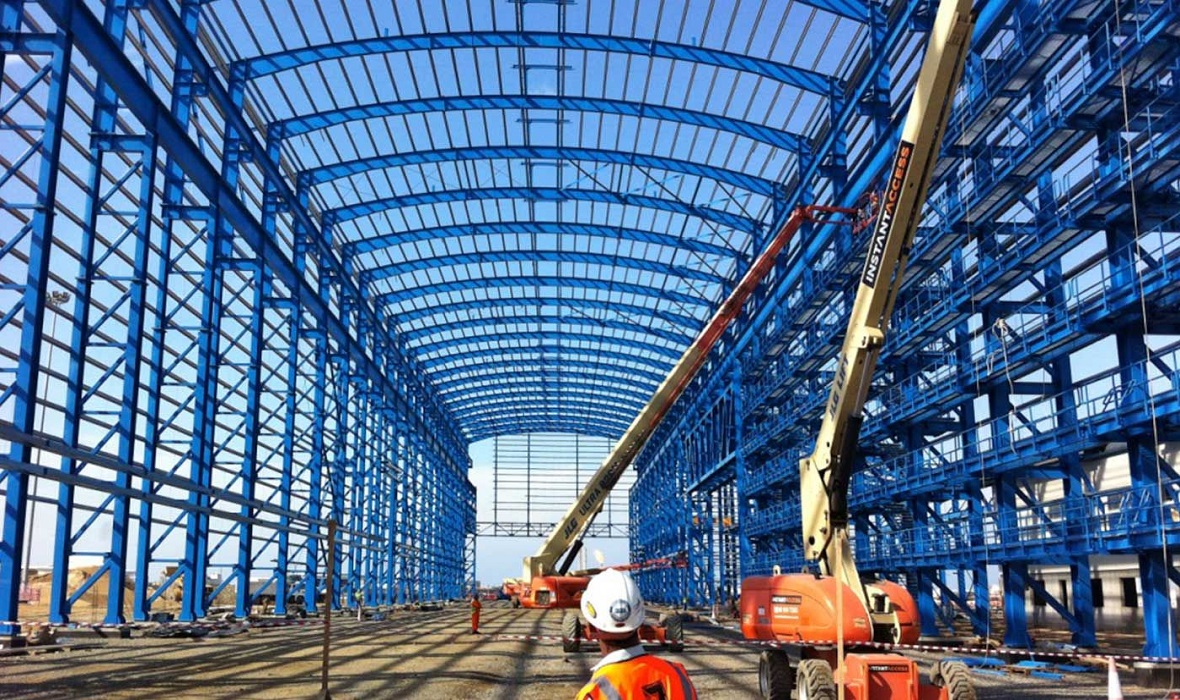Congratulations! Completing your FSC Pre-Engineering is a significant achievement. Now, as you stand at the crossroads of your academic and professional future, you might be wondering, “What’s next?” Here’s a friendly guide to help you navigate your options and make informed decisions for your future.
1. Pursue a Bachelor’s Degree in Engineering
A natural progression after FSC Pre-Engineering is to enroll in a Bachelor’s program in Engineering. Here are some popular engineering disciplines to consider:
- Mechanical Engineering: Focuses on the design, analysis, and manufacturing of mechanical systems.
- Electrical Engineering: Involves the study of electronics, electromagnetism, and electricity.
- Civil Engineering: Deals with the design, construction, and maintenance of infrastructure such as roads, bridges, and buildings.
- Computer Engineering: Combines elements of electrical engineering and computer science to develop computer hardware and software.
Universities and colleges often require entrance exams, so it’s a good idea to start preparing early. Research institutions, their programs, and entrance requirements to find the best fit for you.
2. Explore Other Technical Degrees
If engineering doesn’t appeal to you, other technical degrees can be just as rewarding:
- Information Technology (IT): Focuses on computer systems, networks, and software applications.
- Architecture: Combines engineering principles with creative design to plan and construct buildings.
- Software Engineering: Involves developing and maintaining software systems.
Each field offers a unique blend of technical skills and career opportunities, so consider what aligns best with your interests and strengths.
3. Consider Interdisciplinary Fields
Interdisciplinary fields are becoming increasingly popular and can provide diverse career opportunities:
- Robotics: Combines mechanical, electrical, and computer engineering.
- Biomedical Engineering: Integrates engineering with medical sciences to improve healthcare.
- Environmental Engineering: Focuses on sustainable development and solving environmental problems.
These fields often require a broad knowledge base and can be very rewarding for those interested in innovative and impactful work.
4. Business and Management
If you have an inclination towards business, management, or entrepreneurship, you might consider:
- Business Administration (BBA): Provides foundational knowledge in business operations, finance, marketing, and management.
- Project Management: Equips you with skills to plan, execute, and oversee projects in various industries.
- Entrepreneurship: If you have a business idea, consider starting your own venture or joining a startup.
A business degree can complement your technical background, making you a versatile professional.
5. Join Professional Training Programs
Professional training programs and diplomas offer a more hands-on approach to learning and can quickly prepare you for the workforce:
- Technical Diplomas: In areas like HVAC, automotive technology, or construction management.
- Certification Courses: In programming languages, cybersecurity, data analysis, etc.
These programs are often shorter in duration and focus on practical skills that are immediately applicable in the job market.
6. Internships and Job Opportunities
Gaining real-world experience through internships or entry-level jobs can be incredibly valuable. Look for opportunities in industries related to your field of study. Internships not only provide practical experience but also help you build a professional network, which can be crucial for future job prospects.
7. Consider Further Studies Abroad
Studying abroad can broaden your horizons and provide exposure to different cultures and educational systems. Many universities around the world offer scholarships for international students, so explore options in countries known for their engineering programs, such as the United States, Germany, Canada, and Australia.
8. Take a Gap Year
If you’re unsure about what to do next, taking a gap year can be a good option. Use this time to:
- Travel and explore new cultures.
- Volunteer for causes you’re passionate about.
- Gain work experience.
- Reflect on your interests and career goals.
A well-planned gap year can provide clarity and prepare you better for your next steps.
Final Thoughts
Life after FSC Pre-Engineering is full of possibilities. Whether you choose to further your education, enter the workforce, or take some time to explore your options, the key is to stay informed and make decisions that align with your passions and goals. Remember, this is your journey, and there’s no single “right” path. Take your time, seek advice from mentors, and trust in your abilities. Best of luck with your future endeavors!



